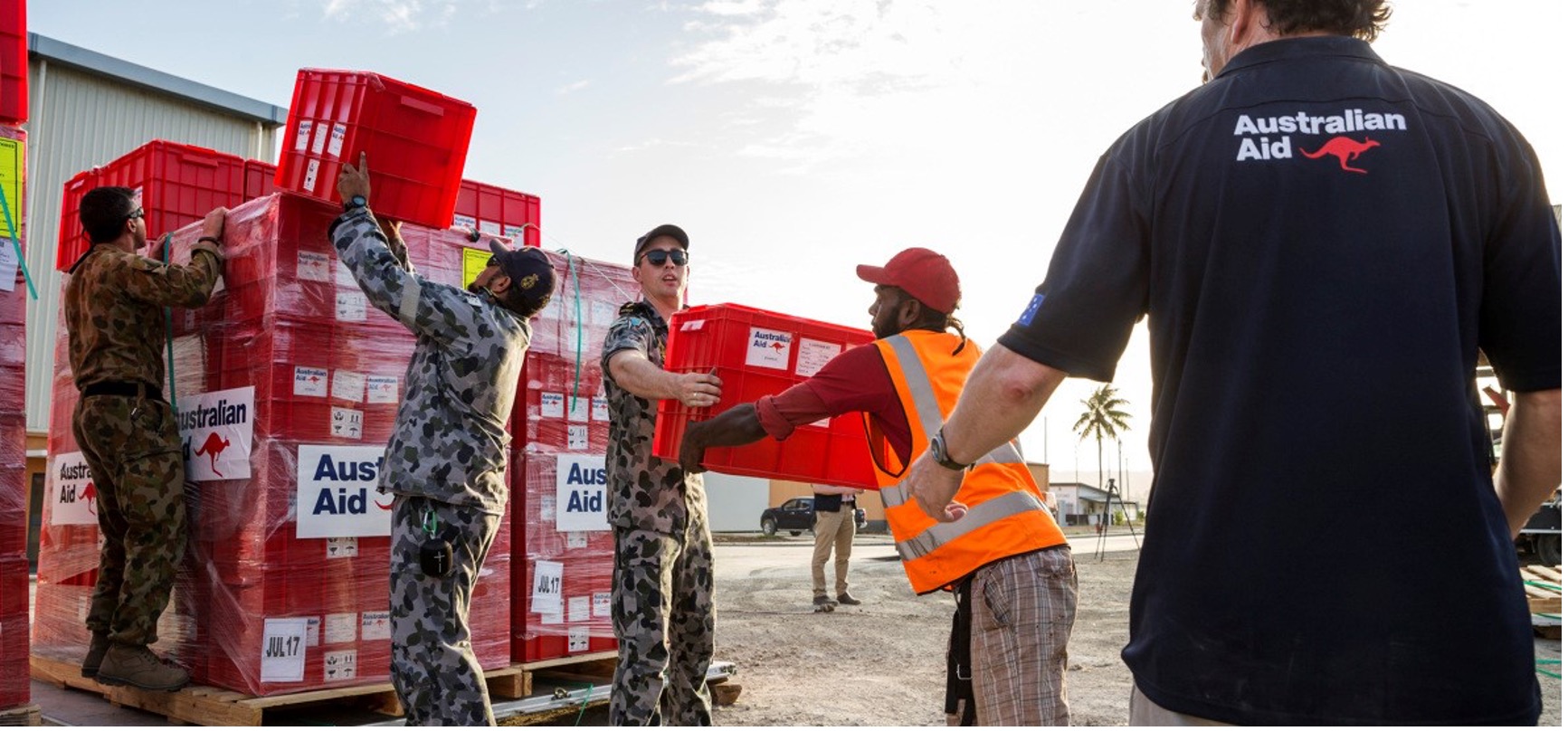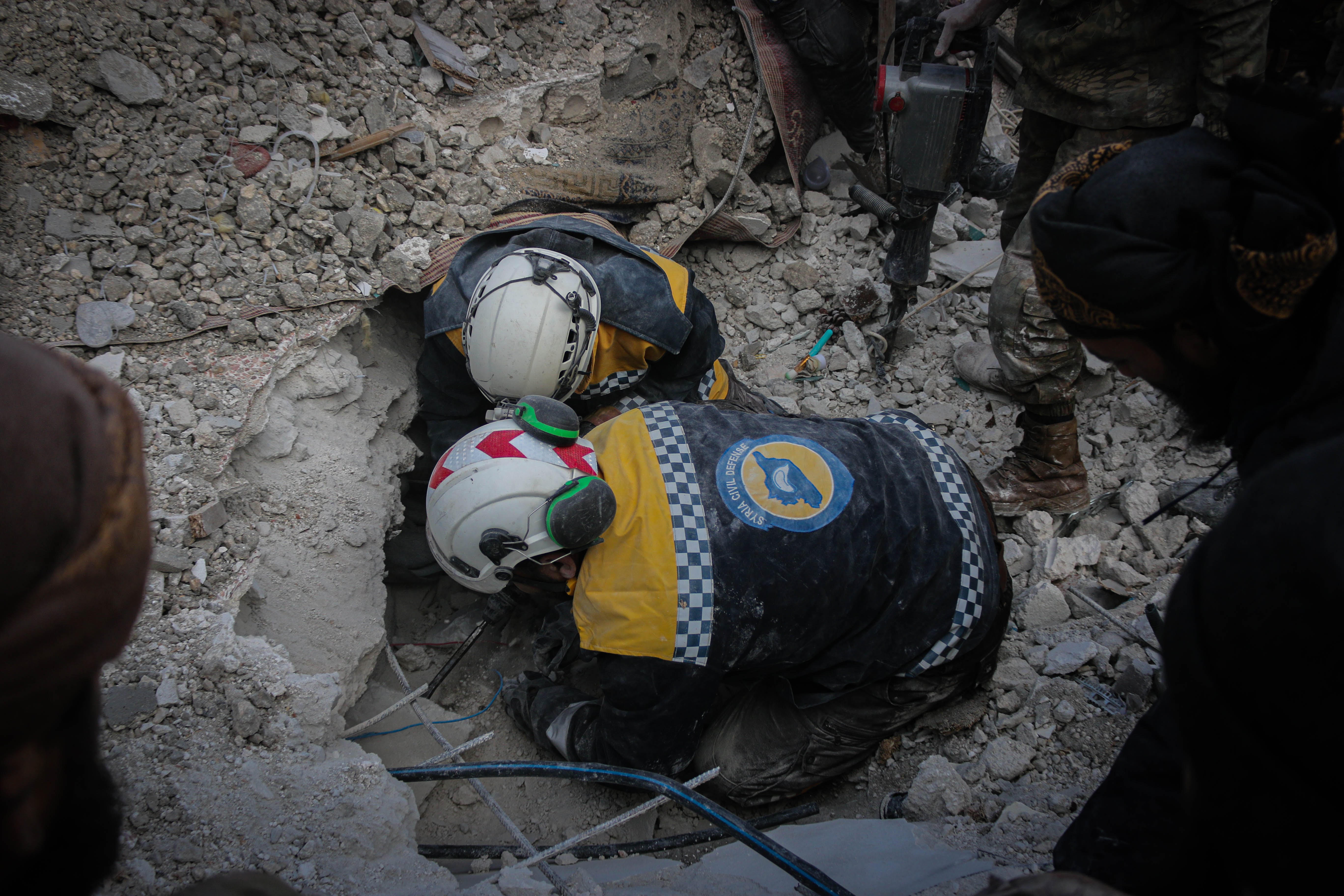What do recent sexual exploitation and abuse scandals in the global aid sector mean for Australian actors seeking to address these issues?
Once in a while there is a flashpoint – a critical juncture in the way a system operates; a change moment; an opportunity to re-examine, reassess and reform, even transform the way in which a sector goes about its business. It so happens that this moment is now. And the sector in question is the global humanitarian one.
Tackling sexual abuse and exploitation in the aid sector has never been so crucial. The revelations of sexual misconduct by Oxfam Great Britain staff in Haiti and exposure of an abusive organisational culture at Save the Children UK have prompted an important global conversation on addressing sexual abuse and exploitation. Concrete suggestions have ranged from calls to establish new safeguarding processes such as global registers and more rigorous reporting mechanisms, to better policies and independent mechanisms such as a humanitarian ombudsman and even a Special Court. There is momentum in the humanitarian sector for transformational change. The humanitarian #MeToo movement, #AidToo, has seen an outpouring of revelations of not only sexual exploitation and abuse amongst staff in the sector, but also the abuse of power between those who give life-saving assistance and those who have a right to receive it.
Humanitarian Advisory Group has been considering how we can effectively contribute to that discussion. We have taken a look at the current safeguarding landscape in relation to prevention and accountability and explored the range of emerging proposals and initiatives in the sector. This think piece raises questions about what recent developments mean for the Australian context. It is intended to contribute ideas and promote thinking about how the Australian aid sector can both learn from and influence global conversations and action.
The Australian context
On Thursday 24 May 2018, the Australian Council for International Development (ACFID) launched an independent review of safeguarding across its member agencies. The review will shape the direction of safeguarding reform in the Australian context, in addition to the ongoing review of the ACFID Code of Conduct in relation to sexual misconduct. Promising new initiatives are also already in development within the sector such as a digital platform for managing child safeguarding risks developed by Plan International and Digital Education Empowerment Platform, and dutyof.care, an independent platform that uses blockchain to manage compliance and staff certification.
The Australian aid sector has an opportunity to harness the current momentum and lead in addressing safeguarding concerns. How can Australian actors leverage existing best practice and strengths, as well as transform where needed?
Key considerations for the Australian sector
Our think piece provides an overview of what we currently know about prevention, accountability and emerging global and Australian initiatives. However, in order to move the discussion forward, there needs to be further exploration of priorities for the Australian context including:
- Firstly, Initiate sector-wide dialogue and approach. We need to have honest, difficult and challenging conversations about how we operate as humanitarian organisations and as a sector.
In the wake of recent events, NGOs, DFID, the Charity Commission and safeguarding experts convened a Safeguarding Summit in the UK. Afterwards, they released a joint statement outlining five specific pledges to improve safeguarding standards, including to develop strong codes of conduct and standards throughout the employment lifecycle. The release of the findings of the ACFID external review will present an opportunity to bring the Australian sector together to reflect on operational issues. This could include diverse stakeholders including NGOs, the private sector, government agencies, Indo-Pacific government and civil society partners and safeguarding experts from other sectors; it would promote transparency and allow discussion of challenging issues.
- Take advantage of the opportunity for transformative change. Explore ways to promote integrated and coordinated approaches to safeguarding.
There is little doubt that the humanitarian system as a whole must transform its approach to safeguarding fundamentally. The challenge is to ensure a coherent approach rather than a collection of disparate and disconnected initiatives. Recent conversations have focused on the interlinking nature of safeguarding issues such as prevention, policies and standards, human resource approaches, risk management, transparency, accountability, recruitment, vetting processes – the list goes on. Safeguarding approaches need to be integrated across these areas. Australian agencies can collaborate on integrated approaches to managing safeguarding through pooling resources and piloting new approaches.
- Increase transparency. Commit to reporting on sexual misconduct publicly both in Australia and in aid program host countries
Increasing transparency and improving reporting processes is a critical step in instituting change and improving safeguarding processes. This is particularly important given the myriad of actors now involved in humanitarian and development work, such as businesses, volunteer groups and diaspora groups that may have little engagement with humanitarian standards and codes of conduct.
- Consider the role of donors. Explore the ways in which donors can influence and support safeguarding initiatives to promote improved practice.
A handful of donors globally tie funding to independent certification of aid agency compliance with standards. For example, Denmark makes independent Core Humanitarian Standard verification or certification by a third party a requirement for its strategic partners, and funds the costs of compliance, stating that this leads to better safeguarding systems. A stronger evidence base for the link between independent certification and better agency safeguarding systems is needed; nonetheless, donors are increasingly likely to require this certification in future.
- Strengthen the safeguarding roles of in-country partners.
Australia could think strategically about how to support its partners and smaller agencies operating throughout the Indo-Pacific region to improve their safeguarding, quality assurance and accountability mechanisms. This could include supporting agencies from developing countries in the region to gain accreditation through international certification processes. Coast Trust, a Bangladeshi NGO working on the Rohingya refugee response, has recently become the first agency from a developing nation to receive Humanitarian Quality Assurance Initiative (HQAI) certification. Independent certification and audit processes can also support increased donor engagement in directing aid to local and national organisations, for example, as part of localisation processes outlined in the Grand Bargain.
Ultimately, the reform of safeguarding in the aid sector is not a matter of if, but when. It is our responsibility to ensure that the most vulnerable are protected and those who perpetrate are held to account. The time is now to make this a reality.






